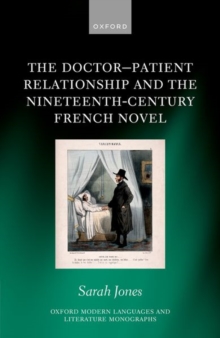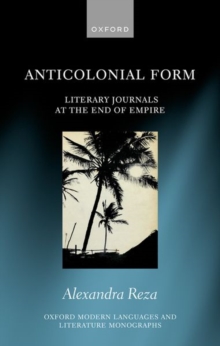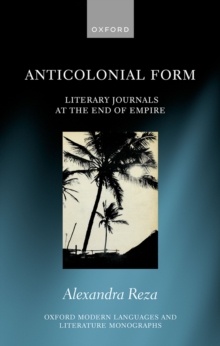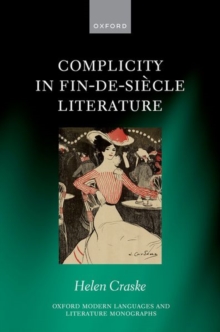
The Roman de la rose in its Philosophical Context : Art, Nature, and Ethics Hardback
by Jonathan (Leverhulme Early Career Fellow in French, King's College London) Morton
Part of the Oxford Modern Languages and Literature Monographs series
Hardback
Description
The Roman de la rose in its Philosophical Context offers a new interpretation of the long and complex medieval allegorical poem written by Guillaume de Lorris and Jean de Meun in the thirteenth century, a work that became one of the most influential works of vernacular literature in the European Middle Ages.
The scope and sophistication of the poem's content, especially in Jean's continuation, has long been acknowledged, but this is the first book-length study to offer an in-depth analysis of how the Rose draws on, and engages with, medieval philosophy, in particular with the Aristotelianism that dominated universities in the thirteenth century.
It considers the limitations and possibilities of approaching ideas through the medium of poetic fiction, whose lies paradoxically promise truth and whose ambiguities and self-contradiction make it hard to discern its positions.
This indeterminacy allows poetry to investigate the world and the self in ways not available to texts produced in the Scholastic context of universities, especially those of the University of Paris, whose philosophical controversies in the 1270s form the backdrop against which the poem is analysed.
At the heart of the Rose are the three ideas of art, nature, and ethics, which cluster around its central subject: love.
While the book offers larger claims about the Rose's philosophical agenda, different chapters consider the specifics of how it draws on, and responds to, Roman poetry, twelfth-century Neoplatonism, and thirteenth-century Aristotelianism in broaching questions about desire, epistemology, human nature, the imagination, primitivism, the philosophy of art, and the ethics of money.
Information
-
Out of stock
- Format:Hardback
- Pages:216 pages
- Publisher:Oxford University Press
- Publication Date:22/02/2018
- Category:
- ISBN:9780198816669
Information
-
Out of stock
- Format:Hardback
- Pages:216 pages
- Publisher:Oxford University Press
- Publication Date:22/02/2018
- Category:
- ISBN:9780198816669










